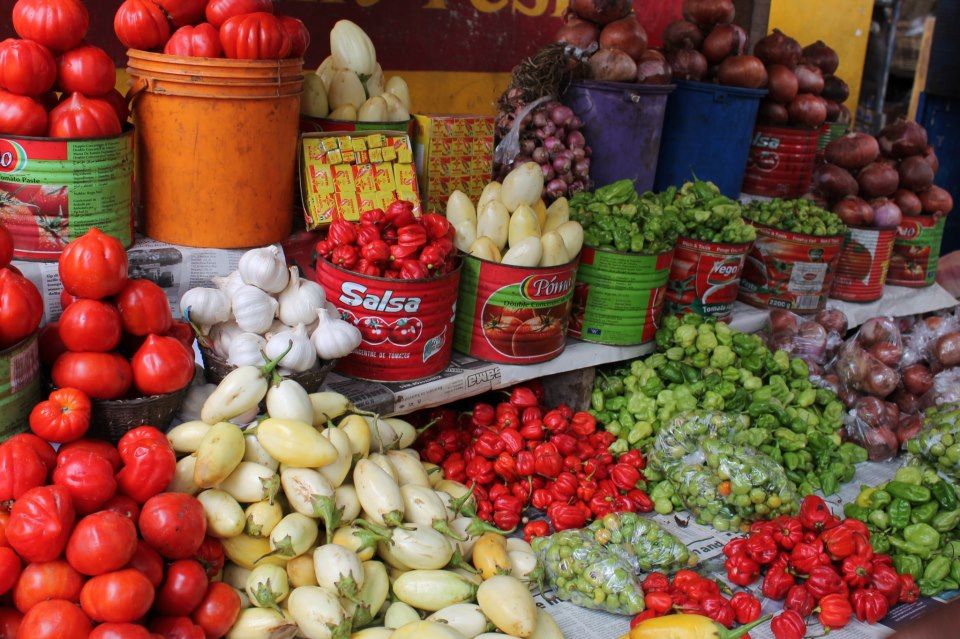The high food inflation rate in the Upper West Region has been blamed on the many factors that affected food production in the region sometime last year. These factors include severe floods that wash whole food fields away, bush fires, high cost of farm inputs and the unavailability of some inputs during the planting season.
These factors meant that some farmers could not meet estimated production levels as such causing a mismatch between the demand on the market and the quantity of food products available for supply.
It would be recalled that the January 2022 Consumer Price Index, as published by the Ghana Statistical Service showed that the Upper West Region recorded the highest food inflation with a rate of 24.7 per cent. On the other hand, the Eastern Region recorded the lowest food inflation rate of 4.7 per cent. For non-food inflation, Upper West registered the lowest inflation rate of 6.6 per cent, whilst the Greater Accra region recorded the highest rate of inflation of 22.2 per cent.
Speaking on A1 Radio’s Day Break Upper East, Emmanuel Wullingdool, an Agriculture Consultant who doubles as the Executive Director for the Centre for Women in Agriculture and Nutrition (CWAN), explained that there could be three major factors that affected the rate of food inflation in the Upper West Region.
He said the second possible explanation for the food inflation was the fact the Upper West Region did not produce all of the food products that it needed. ” You would realise that viable, arable lands and valleys that are suitable for rice production, we still as a region and a country import rice for consumption. For this reason, any external issues that affect the importation of these products, like the exchange rate, will affect the prices of the products“.
“The last point has to do with transportation. Moving products from one point to the other, especially those that we do not produce, what this will mean is that if you check the past few months, there has been a consistent increase in the prices of petroleum products and that will certainly have an impact when it comes to the transportation of food and the prices that we are currently seeing,” he explained.
Every month the Ghana Statistical Service (GSS) releases the Consumer Price Index (CPI). This index is the basis of the consumer inflation, or in short: inflation. This inflation number is used by the Government of Ghana for monitoring price stability, GDP estimates, and adjustment of government benefits. This makes CPI one of Ghana’s most important pieces of information.
A1Radioonline.com|101.1MHz| Mark Kwasi Ahumah Smith|Wa|Ghana


